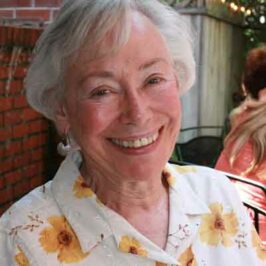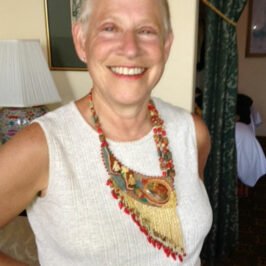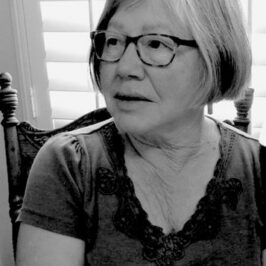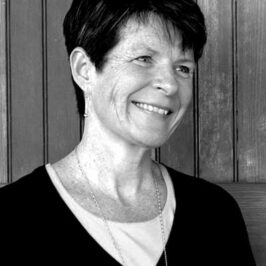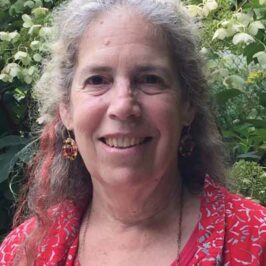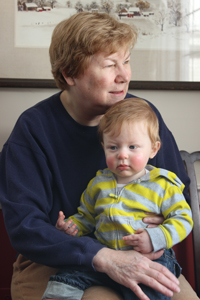

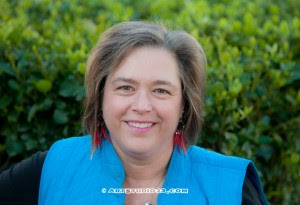

Transitions, with poems by Ginny Lowe Connors, Larsen Bowker, Pru Starr and Wilderness Sarchild.
7 minutes
TRANSCRIPT
In Erwin Drake’s song “It Was a Very Good Year,” Frank Sinatra sings “But now the days are short; I’m in the autumn of the year.” Many of us are in the autumn of our years. There’s still plenty of color; there’s still plenty of light. But the days are getting shorter; we do need to start caring for our plants differently. On this edition of Burning Bright, some poems about autumn, the season and the time of life.
2018 Passager Poet Ginny Lowe Connors said that for anyone to be fully human, to be centered and balanced, some time must be given to contemplation, to quietness, to beauty, and
to finding one’s own deep truths.” Here’s her poem “Twenty-Two Sorrows.”
A spider has woven its delicate net
among weeds on the shore,
22 silken ladders joined at the hub
of a wheel. Hunger’s narrow
architecture, beaded with dew.
The lake shines like a mirror.
Swallows skim over it —
they have no gravity.
A fish jumps as if it would fly.
But there’s not a two-step left
that works for me.
Kayak, my better body,
helps me paddle right into
the dumb ache
that’s left me feeling half-erased.
September warms the top of my head.
Two dragonflies zigzag by
flashing their stained-glass wings.
The world dazzles.
If I could fall away from myself.
Into it. A turtle — grandfather snapper
sinks out of sight as I approach.
He knows a soul untouched by grief
would be a stunted puddle.
The lake is beautiful and deep.
“Twenty-Two Sorrows.” Ginny Lowe Connors from Passager Issue 65.
Next, from Passager Issue 61, Larsen Bowker’s poem “Fire Roots.”
Like frost wet leaves held to Autumn fires,
I don’t flame very high anymore . . . don’t throw
racquets into rafters, or stomp their crippled
heads when they come down. I don’t call a
man a “Liar” to his face . . . don’t beat the steering
wheel driving home after losing in a final.
Fire roots that made opponents call me “bastard,”
no longer feed at dark feasts where failure
makes mind and body ache, and victory feel
like white thighs opening. I was heavy then
and hard to move, full of the salt that made me
thirst for competition, hungering to be admired.
I am lighter now — almost borne on air — and left
to speak the sparrow language of a house
full of glass and light, where modern paintings
murmur their unresolvable paradoxes off
pure white walls, deconstructing the air round
aristocratic thrust of purple couches.
“Fire Roots,” Larsen Bowker. He said the poem’s inspiration came as he entered his post working life, “feeling that I was slipping into a kind of careful life, avoiding the challenges that had made my life interesting and brought out the best in me.”
Pru Starr said, “I believe we are all temporary. Our land directly reflects its treatment by those who remain on it.” She said she was inspired to write this next poem “because I live in the Central Sierra Nevada region where a small group of Miwuk indigenous tribe members are my neighbors. Many of their ancestors died during the 1849 California gold rush in our area. Here’s her poem “Monday Morning.”
clouds steam off cedar trunks into branches
wet pine needles mat down with my shoes
can’t cross the stream today
someone did
and they brought a tin snow sled
with a plastic water bottle
up to the top of our small hill
legacy of their afternoon
I steeply follow their trail
and collect crumpled bottle and sled
trudge to my house
and place them in recycle
reuse forgotten time by people I don’t know
I put into words
what I cannot say
how long do I consider my part in the show?
one among so many
making a picked up difference
between being and not being here
“Monday Morning,” Pru Starr, from Issue 61 of Passager.
We’ll end this episode about autumn with two short poems by Wilderness Sarchild from her book Old Women Talking.
Ordinary Moments
Again, the hummingbird
buzzes over the sugar water.
Again, the coyote
crosses the road.
Again, the deer
feeds in my yard.
Again, the bullfrog
sits on a lily pad in the pond.
One breath,
then another.
Belonging to Sand
Time stops here
Terns perch on my nose
Whales breech on my tongue
Sea grass sprouts between my toes
Salt water swims in my eyes
Like the sand bleached coyote skull,
I, too, can imagine decaying out here
until all that is left are white bones
and the ghost
of a satisfied sigh.
“Ordinary Moments” and “Belonging to Sand” by Wilderness Sarchild.
To buy Wilderness’s book Old Women Talking or to subscribe to or learn more about Passager and its commitment to writers over 50, go to passagerbooks.com. You can download Burning Bright from Spotify, Apple and Google Podcasts and various other podcast apps.
For Kendra, Mary, Christine, Rosanne and the rest of the Passager staff, I’m Jon Shorr.

